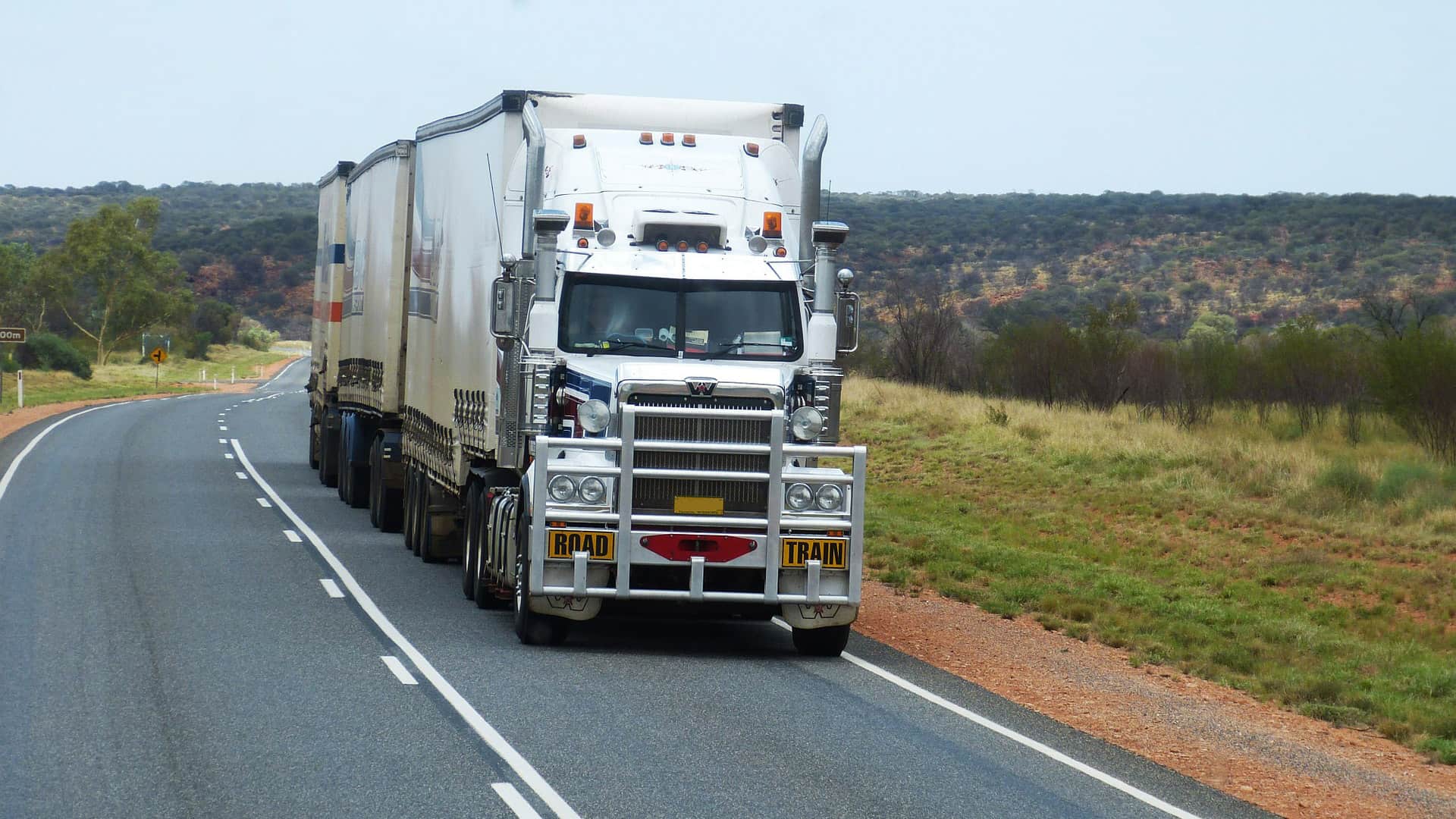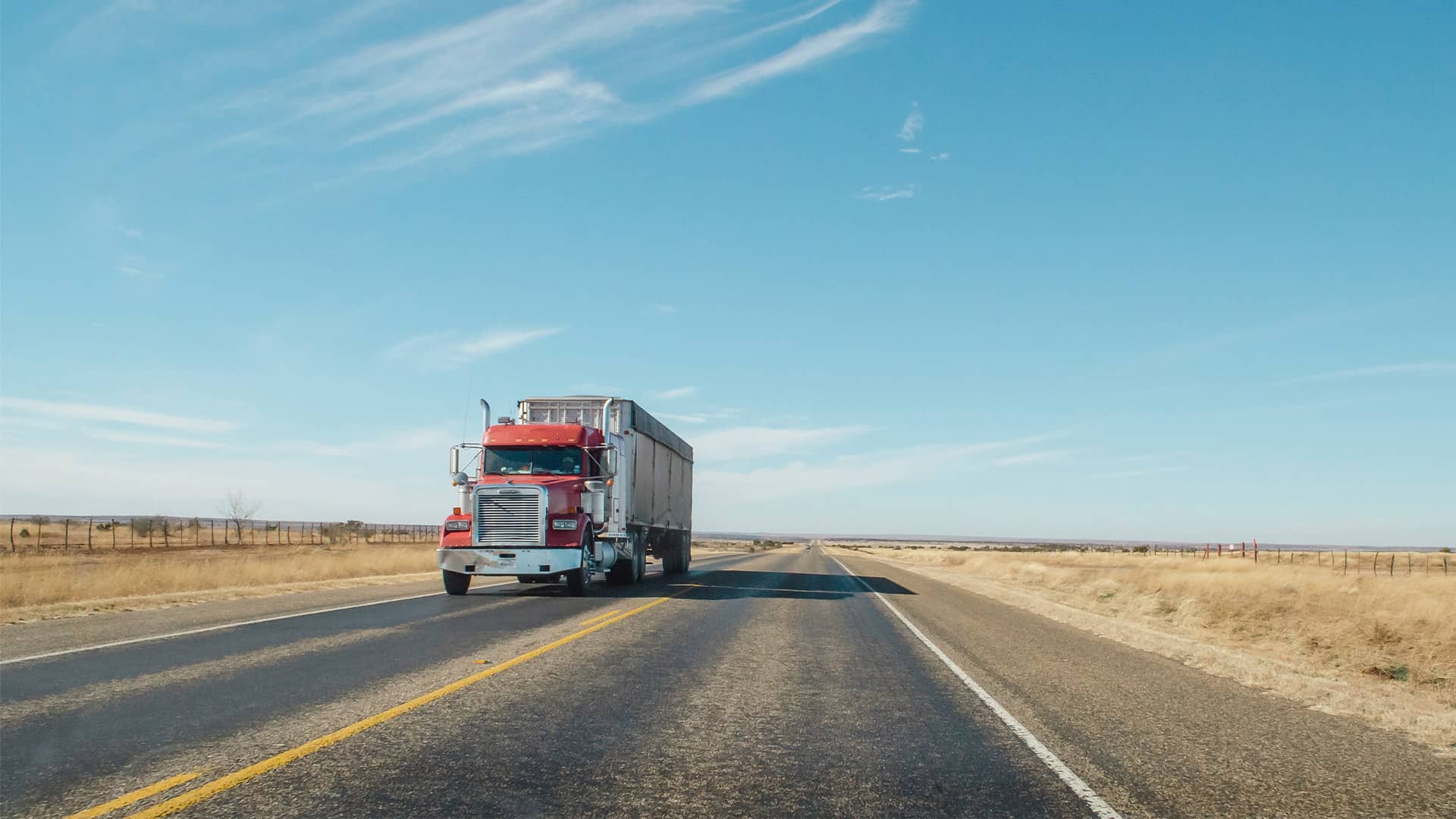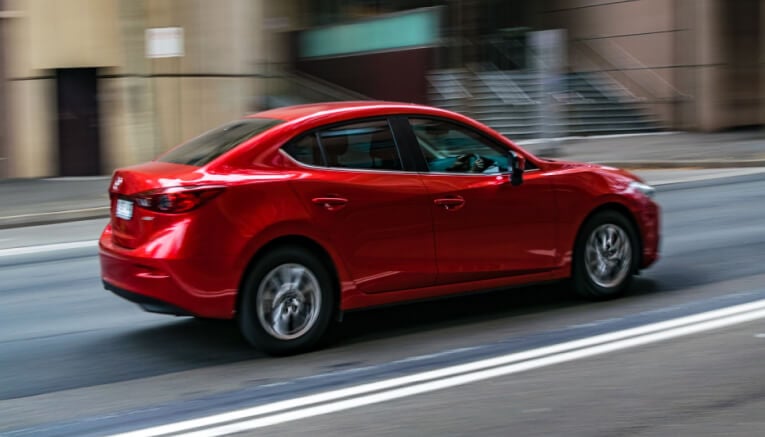With the current gas prices trending radically upwards daily, it’s likely that truck drivers and owner-operators are looking for ways to improve their gas mileage. There are many ways of improving gas mileage some involving only little tweaks in your day-to-day to big changes in your truck or the way you do business.
In today’s blog post, we want to highlight some of the gas-saving techniques you can start using as soon as you’re done reading this post.
For tips on saving gas using your regular car, click here!
Fill Your Truck With The Right Gas
As a trucker, you need to be attentive to details when it comes to reading your truck’s owner manual. With this, you’ll be able to discover the type of gas specifically recommended by your truck’s manufacturer for your truck.
A good brand of gas is perfect specifically the ones with detergent additives. These types of gas help to keep the entire system clean. However, there is no need for purchasing a more costly premium if the automaker has recommended regular gas.
Improve Your Aerodynamics
Installing a bed cover on your truck can significantly help with aerodynamics. Consistent airflow over the front and off the back of the truck could help reduce drag, which can result in reduced consumption of gas.
While storing items on the roof may be handy, filling the roof with goods could create another source of drag, and this could eventually result in poor gas mileage. Unless there is a need for you to haul something from one place to another, it is recommended to keep your roof clear. This will significantly help in improving gas mileage.
Avoid Using the Air Conditioner Too Often
Usually, the entire air conditioning system tends to make your truck consume more gas. However, it is advisable to try the vents instead of the air conditioning system.
This will significantly improve the gas mileage of your truck. You also need to take specific measures that will reduce the load on the air conditioning system of your truck.
You can decide to park under a shade during frequent stopovers. If you’ll be back right away, you can leave the sunroof or window slightly cracked. If you are going far away, you can shut the windows to prepare against rain showers.
GET STARTED TODAY WITH TRIPLOG

Keep Maintenance Up to Date
If your truck is properly tuned and running as it should, there is a high probability that you’ll consume less gas. An essential aspect of your truck’s maintenance is the monitoring of your tires.
Ensure that the tires of your trucks are inflated as recommended by the manufacturers in the owner’s manual. If you don’t know, moderate inflation of tires creates drag, and that can reduce your gas mileage.
Another essential aspect of your truck’s maintenance is the wheel alignment. If your wheels aren’t properly aligned, you won’t get optimum gas mileage.
Watch Your Driving Habits, Improve Your Gas Mileage
Frequent up and down acceleration, as well as regular application of brakes, will increase the rate of fuel consumption. If you want to maintain a constant speed on the highway, you need to make good use of your cruise control.
Apart from that, you also need to keep steady during your starts and stops. In general, you need to slow down a little if you can. This is because trucks will consume more gas when you drive at a higher speed, compared to driving at lower speeds due to aerodynamic drag.
Inspect Your Engine’s Fan
Typically, your truck’s engine fan will run at least 5% of the time the engine is in use. However, it tends to run much more frequently when there is a problem with the engine.
This also affects fuel efficiency and can possibly contribute to poor gas mileage. While the fan runs continuously, some of the horsepower from the truck is going towards operating the fan.
Avoid Overfilling Your Gas Tank
Gasoline can expand when heated. This implies that once you fill your truck with excess gas, there is a high tendency that the expanded tank will lead to overflow and eventually will waste fuel. So, resist overfilling your tank.
Reduce Idle Time
Whenever you have a stop, and you leave your truck to keep running unnecessarily, there is a high probability that gas is being wasted. Of course, it may seem impractical to turn it off and on at every minor traffic jam, but you need to avoid letting it run for extended periods and whenever it may be unnecessary.
For instance, if you had a stop at a particular location and you won’t be leaving for another 30 minutes, you should turn it off. This will significantly help in improving your gas mileage.

Reduce Excess Weight
If you really want to improve your gas mileage, you need to remove unnecessary items on your truck. Chances are, you’re carrying thousands of pounds worth of items in your truck on a weekly basis.
These items contribute to the total weight of your truck. As a result of this, it increases the amount of gas consumption. Try to reduce the loads to the bare minimum in order to improve your truck’s efficiency.
Route/Trip planning
When you’re on the job, it might be a time-consuming and stressful effort to plan your routes in advance. But doing so can improve your gas mileage by helping you plan for routes that avoid congested, high-traffic areas.
This can ensure a smooth ride without stopping and accelerating too often which can be damaging for your mileage. There are many tools out there that can help you save time in this process. But a quick plugin for TripLog is appropriate.
Not only does it automatically track your miles, sends you regular maintenance reminders, and records all your expenses for IFTA tax reporting, it can also help you plan the optimum route for your trip.
The Bottom Line
Improving your gas mileage as a trucker requires minimal effort on your part. However, following the earlier discussed tips on How to Get Better Gas Mileage could definitely save you some dollars.
All of the tips are actionable today so what are you waiting for go ahead and make these tweaks today to improve your fuel economy and save some of your hard-earned money.
TripLog Blog #truckingbusiness series
Watch out for our future blog posts in the #truckingbusiness series where we will dive into other topics such as tax deductions/benefits, per diem rates in 2019, IFTA fuel tax reporting, ELD mandates, and best practices & industry news for successful trucking businesses.
[mc4wp_form id=”9800″]









